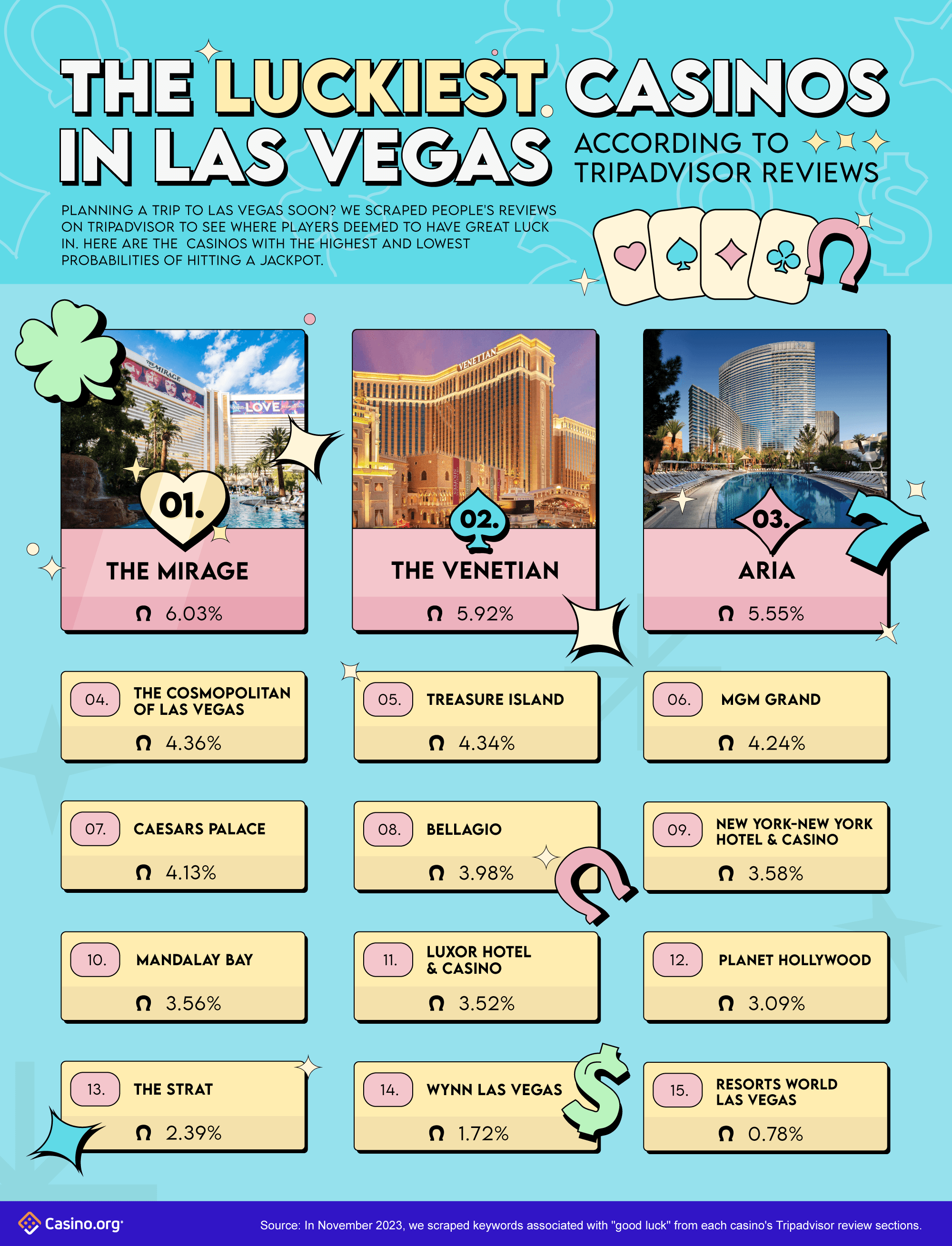
Casino games have long been a staple in human culture, providing not just entertainment but a captivating reflection of our dreams, wishes, and concerns. From the rotating wheels of a slot machine to the strategic gameplay of poker, these games represent a range of human sentiments and incidents. At their core, casino games are not just a chance to win money; they are a snapshot of life itself, where danger and gain intertwine and fortunes can change in an eye blink.
As players convene around tables or sit in front of brightly lit machines, they engage in a ceremony that transcends mere betting. These games reflect our natural desires for connection, adventure, and the quest for chance. They also reveal deeper truths about human psychology, such as our relationship with chance and the thrill of risk. In exploring casino games, we uncover not only the rules of play but also the intricate pattern of the human journey, showcasing our interconnected narratives of aspiration and reality.
The Mind Behind Gambling
Gambling is deeply rooted in human psychology, tapping into various emotions and wants. The excitement of taking risks is a core aspect that draws players in, whether the excitement of spinning a roulette or the anticipation of drawing a winning card in a poker game. This rush of adrenaline is frequently likened to other forms of thrill, as the uncertainty of outcomes triggers a unique psychological response. Players often become entranced by the possibility of winning big, leading to an almost magnetic draw toward gambling games.
Additionally, an essential component of the psychology behind gambling is the concept of hope and aspiration. Players often nourish dreams of financial freedom and the luxurious lifestyle that can follow winning. This hope fuels their ongoing participation in casino games, as it provides a sense of purpose and the conviction that a life-changing win could be just one bet away. The story of beating the odds and finding success resonates with many, reinforcing their dedication to play and involve themselves with these games. https://tylekeonhacai.blog/
Finally, social dynamics play a crucial role in gambling psychology. Gambling venues are designed to foster social interaction, where gamblers gather to share the journey of wins and losses. This communal aspect not only amplifies enjoyment but also affects behavior, as individuals often imitate the actions of others around them. The social validation found in mutual thrill can enhance the emotional experience, making casino games a reflection of not just personal desires but also shared involvement within the gambling community.
## The Dual Nature of Risk and Reward
Gambling activities embody the subtle balance between danger and gain that resonates profoundly with human nature. The rush of placing a wager is often accompanied by a jolt of energy, as players are confronted with the possibility of striking it rich, yet fully aware of the potential to suffer losses. This bipartisan experience reflects a core aspect of life: the paths we choose often come with intrinsic risks, and the chase for gain can push us to embrace risks we might not typically consider. In this way, casino games mirror real-world choices, enticing players to gamble not just their funds, but also their hopes.
The allure of grand jackpots and payouts fuels a wave of hope, encouraging players to dream of a better future that could arise from a single victorious spin of the roulette or dealing of a hand. This positive outlook can motivate individuals to engage in greater risks, urging them to take greater risks in search of economic benefit. However, just as in life, the results of these risks can lead to both victory and failure. The stories of both jackpot winners and those who have suffered everything at the casino demonstrate the unpredictable nature of chance and its consequential effect on our existence.
Ultimately, the interaction of engaging with casino games serves as a potent reminder of the human condition. Every game played is filled with the tension of ambiguity, as gamblers weigh the rewards against the dangers. This interaction not only highlights the thrill that comes with gambling but also exposes the weaknesses that come with the urge for more. As we journey through the complexities of decision-making and consequence in both the casino and in life, we find that the pursuit of risk and reward shapes our character and journeys in deep ways.
Society and Loneliness in Casino Culture
Gambling environment is a distinct mix of communal engagement and individual pursuit, reflecting the tensions of human experience. Gamblers often gather around tables, sharing in the excitement of the action, rejoicing in wins, and commiserating over losses. CEO Cảm Bóng Đá This communal aspect is vital, as it fosters a sense of belonging and bonding among diverse groups of individuals. Regular attendees to casinos may build friendships and develop routines, turning the gambling venue into a second home where they experience connected to a larger community of gamblers.
However, the appeal of gambling activities can also result to loneliness. As individuals become immersed in the excitement of gambling, they may withdraw from personal connections or fail to engage with the world outside the casino. For some, the pursuit of a windfall can distract from real connections, leading to loneliness. The experience of being surrounded others yet experiencing solitary is not rare, as the focus shifts from shared enjoyment to the private concerns of each individual’s journey.
This interaction of society and isolation creates a rich tapestry that defines casino culture. It showcases the intricacy of human interactions, where happiness and despair exist together. Casinos serve as both a refuge for social engagement and a stage for individual challenges, illustrating how intimately connected our yearning for connection and the individual quest for wealth can be. In navigating this landscape, gamblers confront their own narratives—seeking both the thrill of the game and the fellowship of other players, eventually mirroring the wider spectrum of individual experience.
